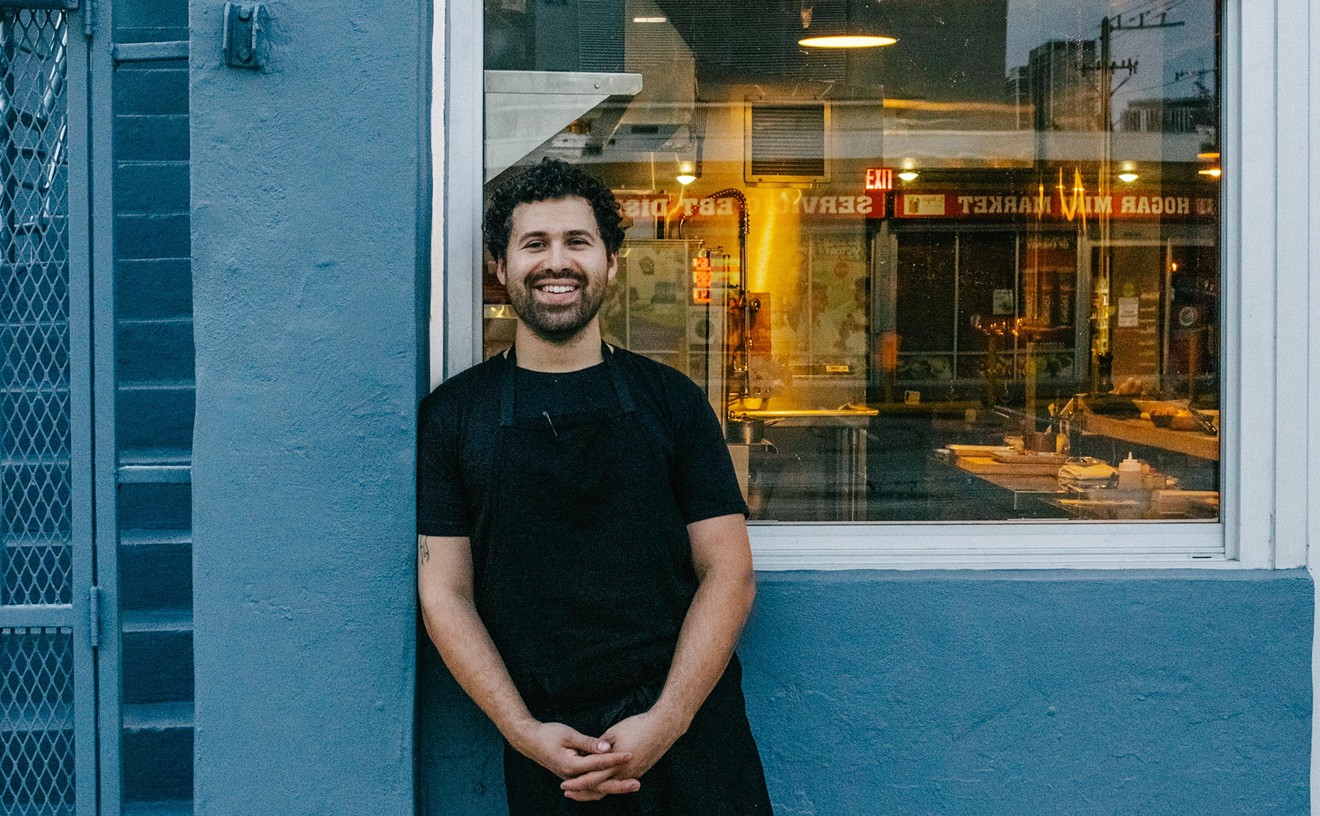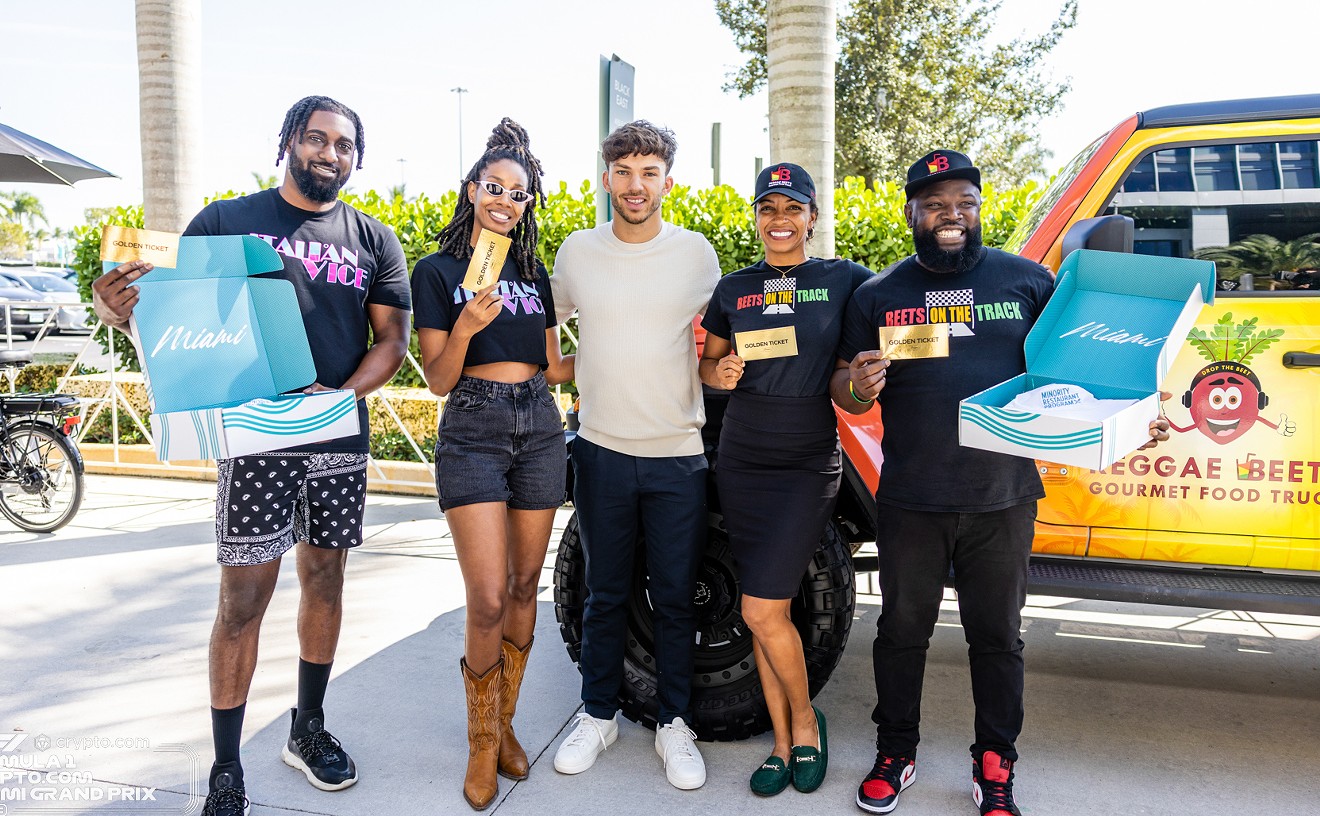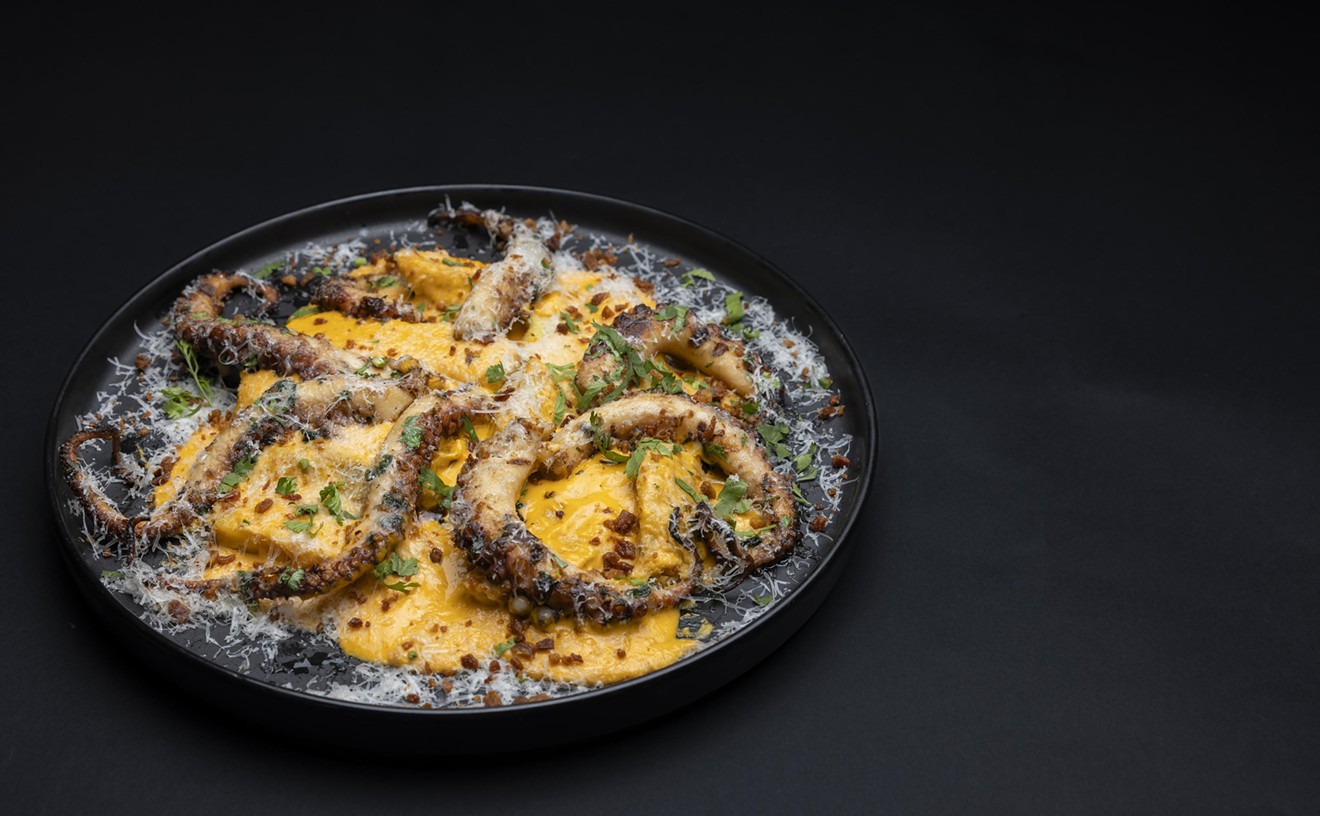A shark can smell a single drop of blood in one million drops of water.
Twenty-nine days later, and oil continues to flow from a hole 5,000 feet below the ocean's surface. BP's actions continue to threaten the Gulf and maybe the Atlantic's commercial fishing industry.
Today, the fishing ban widens from the coast of Louisiana to the Coast of Florida. Yesterday, we reached out to some local seafood chefs and suppliers.
Here's what they had to say about the possibility of a worst case scenario.
Brandon Whitestone - Chef De Cuisine at Chef Allen's
"Not seeing too much of an impact right now. Most of the fish we use is from the Keys. We get some shrimp from the Northeast coast of Florida. Some prices have risen because gulf fish is unavailable. Availability hasn't done much, but it is impacting pricing a little.
If the local fish supply dries up we'll be out of snappers, mahi, swordfish. We'd have to source from other waters, Hawaii and stuff like that. The collateral effect is that it puts a lot of local fishermen out of business."
David Garcia - Garcia Brothers Seafood, Inc. / La Camaronera
"This oil spill, besides being a major environmental catastrophe and
imposing a serious hardship on those whose livelihood depends on
fishing the Gulf, will likely have a negative impact on the restaurant
and seafood industry. I expect it to hurt the supply of fresh seafood
from that region, which will likely drive up prices significantly,
limit the abundance of fresh product available, and potentially
eliminate some product altogether. In addition, I think it raises
concerns in consumers' minds about the safety and quality of the
seafood they may be consuming today. I think many fear that they could
potentially be served tainted seafood, and rather than risk that, will
avoid eating seafood entirely. I believe we are already experiencing
some of this. We hope that the spill is capped sooner rather than
later, that efforts to contain the spill from spreading any further are
successful and that no more of our ocean suffers."
Scott Fredel - Chef/Owner - Pilar
"It's terrible. We do a lot of local seafood. The spill could be very harmful. Worst case, I don't know, definitely not good, but what can you do? Is there anyway you can call back, cause we're slammed with lunch right now, and I do cook you know."
Andres Reboredo - Chef/Owner - Fish Shack Market
"Hey, man, I was one of the first chefs that came out in New Times in about 1987 at Tobacco Road. I had a snapper display I made. It was so good I lent it to Douglas Rodriguez, then we did the presentation and it came out on the cover.
How I feel about this is, well, my fish is from down here, from the Keys, from the Gulf, from the Atlantic. If we can't get fish here we're gonna have to start using the imports from Panama, Costa Rica, they have really good fish. Sometimes Brazil, Venezuela, Trinidad, Suriname, very good fish.
It's a shame, it's really a shame what's going on. We just voted on this not too long ago, whether they could drill off there. It should have been monitored better. When you do something you have to plan for if something goes wrong.
I think they're even shocked themselves how mother nature's working against them."
Tom White - Fantastic Fish - 30 years as a wholesaler importer.
"Well the environmental impact can be devastating.
Most of the fish that's sold in Miami comes from Central and South America. It's not gonna impact us in terms of supply, we're importers. We haven't seen our profits go up yet from a lack of local product.
When you say fish it's like a word association game, people think about oil and disaster. A lot of people aren't eating fish because of potential health ramifications from it. Right now, fish is still safe to eat. Our fish is safe because it comes from somewhere else.
Nobody's happy about it that's for sure. I'm not either. I hate to see what's going on, and them not being able to fix the problem? Everybody's got one eye open to see what's gonna happen with this thing.
I think the fish are gonna move to where the oil is not. They don't have to stay where they are. However, you also have different types of fish. There're migratory, and territorial, and if they don't move they're gonna be impacted by the oil.
Alll the oyster beds and stuff like that, there's nowhere for them to go. They're gonna sense somethings not right, but they're stuck there. Nobody knows what's gonna happen, and that unsurety is the most worrisome thing.
The biggest thing that people need to know is that the fish is safe now. It's safe to eat."









